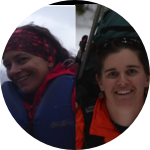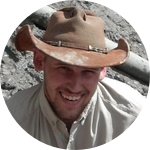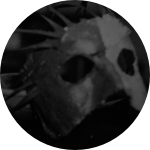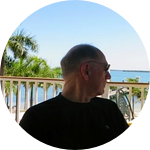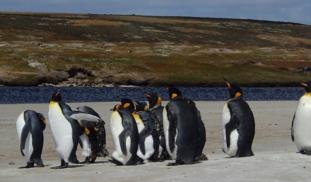Please wait...
About This Project
The Falklands Islands are a biodiversity hotspot in the South Atlantic, but are threatened by climate and land use change. To protect penguins, marine mammals, and other species, we need to better understand how the islands have responded to past periods of rapid climate change. Funds raised through this campaign will help us take peat cores, to establish a climate and ecological history for the Falkland Islands spanning the last 20,000 years.
More Lab Notes From This Project

Browse Other Projects on Experiment
Related Projects
Worms at Work: Scoping Natural Carbon Sequestration at Scale
For centuries, scientists noted earthworms' exploits as ecosystem engineers. Recent research shows the feasibility...
Whales as oceanographers: Developing multi-sensor tags for improved understanding and management of critical habitats
Limited oceanographic data prevent accurate prediction of whale foraging hotspots. To address this, we will...
Communities perception and monitoring of ocean acidification in the Douala-Edea national park (Cameroon)
This project will help us to evaluate the vulnerability of clam fishing to ocean acidification (OA) in the...
